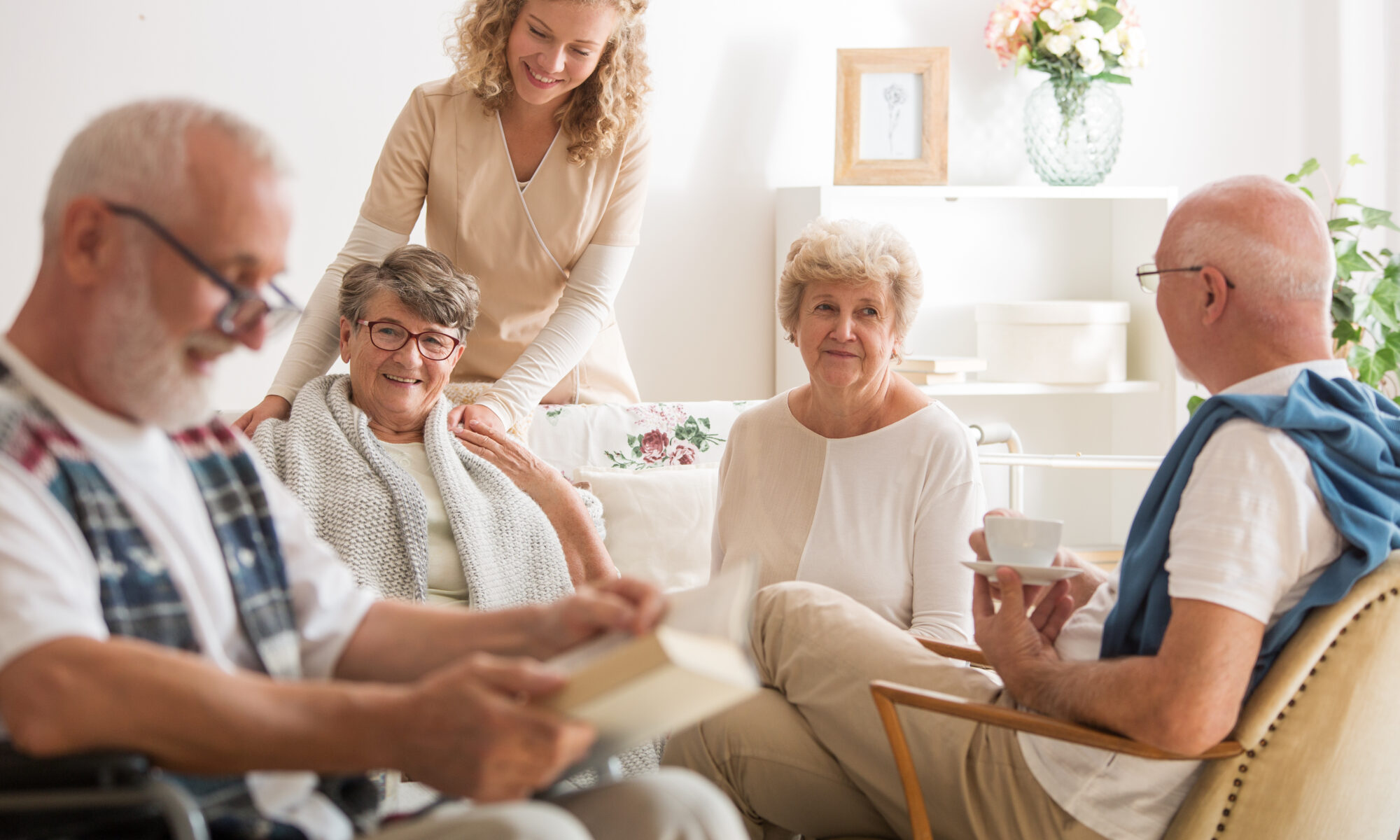
Table of Content
Social engagement plays a crucial role in maintaining mental and physical health, especially for older adults or those facing mobility challenges. When senior loved ones become isolated, they may experience depression, cognitive decline, and a reduced quality of life.
Create Regular Social Connections
Building consistent social interactions combats loneliness and provides something to look forward to. Consider these approaches:
- Schedule weekly phone calls or video chats with family members and friends.
- Arrange regular visits from neighbors, church members, or community volunteers.
- Encourage participation in senior center activities or support groups.
- Facilitate connections with old friends through social media platforms.
- Organize small gatherings with close family members or longtime friends.
The key is maintaining predictable social contact that doesn’t feel overwhelming or forced.
If you have a senior loved one who needs help maintaining a high quality of life while aging in place, reach out to Assisting Hands Home Care, a leading provider of elder care Reston families can trust. Our caregivers help seniors focus on healthy lifestyle habits such as eating nutritious foods, exercising regularly, and maintaining strong social ties, and we offer mentally stimulating activities that can boost cognitive health and delay the onset of dementia.

Encourage Physical Activities within Your Loved One’s Abilities
Physical activity boosts mood, maintains mobility, and creates opportunities for social interaction. Tailor activities to your loved one’s current capabilities:
- Take gentle walks around the neighborhood or local parks.
- Join water aerobics or chair exercise classes designed for seniors.
- Try gardening together, whether in a backyard or with container plants.
- Dance to favorite music from your loved one’s youth.
- Practice tai chi or gentle yoga routines.
- Encourage pet ownership or visits with therapy animals.
Always consult healthcare providers before starting new exercise routines, and focus on activities that bring joy rather than stress.
From gardening to managing simple housekeeping tasks, older adults may need help with an array of activities. Senior home care experts are available to provide high-quality care to seniors on an as-needed basis. From assistance with mobility and exercise to providing transportation to the doctor’s office and social events, there are a variety of ways professional caregivers can help your aging loved one continue to live independently.
Explore Technology for Connection
Modern technology offers numerous ways to stay connected even when physical visits aren’t possible:
- Set up video calling apps like FaceTime or Zoom for face-to-face conversations.
- Help your loved one join online communities related to his or her interests or hobbies.
- Stream virtual museum tours, concerts, or religious services together.
- Play online games with family members or new friends.
- Use social media to reconnect with old acquaintances and share photos.
Take time to teach these technologies patiently, focusing on one platform at a time until your loved one feels comfortable.
Foster Meaningful Hobbies and Interests
Engaging in purposeful activities provides mental stimulation and opportunities to connect with like-minded individuals:
- Encourage your loved one to join book clubs or discussion groups.
- Support creative pursuits like painting, knitting, or woodworking.
- Help your loved one volunteer for causes he or she cares about.
- Facilitate learning new skills through community college classes or online courses.
- Connect your loved one with local hobby groups or clubs related to his or her interests.
Choose activities that align with your loved one’s existing interests while gently introducing new possibilities for growth and connection.
Build Community Support Networks
Creating a broader support system ensures your loved one has multiple sources of social interaction:
- Connect with local faith communities or spiritual organizations.
- Research community programs specifically designed for seniors.
- Explore meal delivery services that include social interaction components.
- Investigate adult day programs in your area.
- Build relationships with neighbors who can provide regular check-ins.
- Consider hiring companions or caregivers who prioritize social engagement.
A strong community network provides security and reduces the pressure on any single family member to meet all social needs.
For families living in Reston, respite care can be a wonderful solution when their aging loved ones need companionship and socialization a few hours a week or just need minor assistance with daily household tasks. At Assisting Hands Home Care, we thrive on helping seniors maintain their independence while living in the comfort of home. To create a comprehensive in-home care plan for your loved one, give us a call today.








